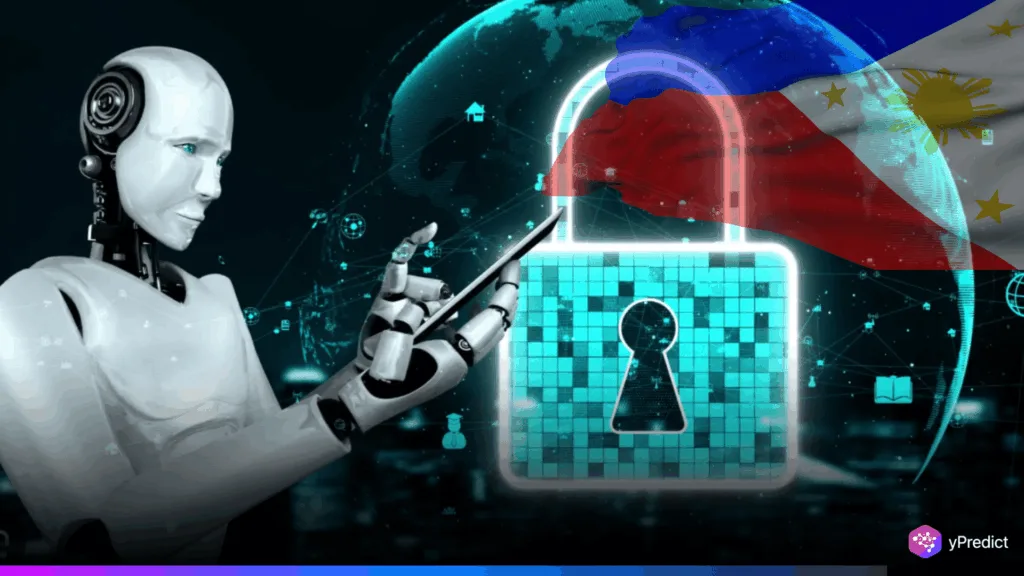
With over two billion voters worldwide, the Philippines is preparing for the 2025 elections while contending with evolving cyberthreats. Together, Microsoft and the Commission on Elections (COMELEC) uphold democratic values and improve cybersecurity. This initiative aims to strengthen political institutions, implement AI security, and combat disinformation campaigns that are fueled by deepfake technology.
How Are Tech Tools Guarding Philippine Democracy?
Microsoft has launched multifaceted efforts supporting political organizations, media, and electoral bodies to shield elections from manipulation. AccountGuard, a protection service offered to COMELEC, is part of the core initiative. It warns officials about phishing attempts and advanced cyberattacks. This partnership was started during the US Presidential Trade Mission. It aligns with Microsoft’s global commitment to strengthening democracy through practical tools and moral AI guidelines.
In addition to software, Microsoft is providing political campaigns with threat detection tools and educational materials. These steps address the increasing risks that phishing scams and manipulated content pose. As part of a larger strategy, the collaboration ensures voters receive accurate information and messaging during election seasons. It also involves CNN and regional fact-checkers to combat disinformation.
Tackling Disinformation with AI Security
Deepfake threats have surged due to the misuse of generative AI. Fake texts, videos, and memes are distorting public perceptions of political candidates. In response, Philippine lawmakers established a National Deepfake Task Force. They also issued COMELEC Resolution No. 11064 to regulate AI in digital campaigning, holding platforms, candidates, and providers accountable for transparency and accuracy.
Microsoft’s response includes deploying deepfake detection tools and creating a Deepfake Reporting Tool that flags AI-generated distortions across its platforms. This tool supports election integrity by offering campaigns to validate content. To strengthen public awareness, the company is delivering training sessions on spotting deepfakes in electoral contexts.
In addition, a 24-hour Threat Monitoring Center has been established by the Philippine government. A key component of election security is the digital war room, which DICT, COMELEC, and CICC constructed in less than 48 hours. It ensures a coordinated response by collaborating closely with international cybersecurity companies such as Palo Alto Networks.
Additionally, the room collaborates with civil society and law enforcement to actively track and thwart disinformation campaigns. According to the CICC, over 300 deepfake-related incidents are tracked daily, proof of how critical AI security is to modern democratic defense.
Strengthening Trust with AI Security Systems
In the future, Microsoft is stepping up its efforts to ensure election integrity through the Democracy Forward project. This initiative promotes international collaboration to uphold reliable democratic procedures and moral technology use.
Microsoft and political parties in the Philippines can communicate directly thanks to the Election Communications Hub. This ensures quick responses to pressing cybersecurity issues. An ecosystem supporting authenticity in political messaging is created by Defender for Office 365, secure identity verification tools, and indexed media repositories.
As deepfake threats become more frequent and convincing, proactive defense is essential to the future of elections. Microsoft’s multifaceted strategy includes public education, platform security, detection tools, and training. These efforts aim to maintain the validity of the 2025 polls and serve as a template for other democracies facing similar challenges.
Securing Every Vote in Digital Times
The Philippines’ 2025 election is a defining moment for global democracy in the AI age. In terms of AI security, Microsoft is raising the standard through collaborations, regulations, and public involvement. As institutions, tech companies, and voters come together, the objective is obvious. Every vote must accurately represent the public’s will, unaffected by outside influence and strengthened by transparency.






